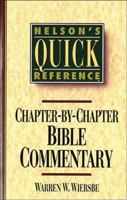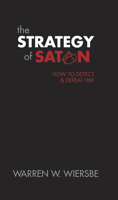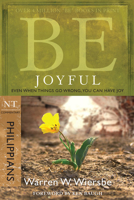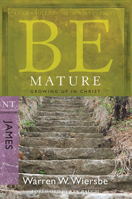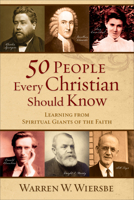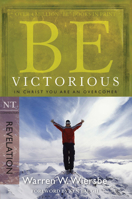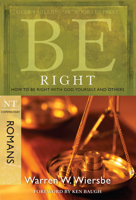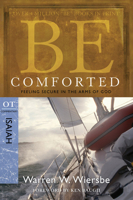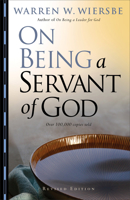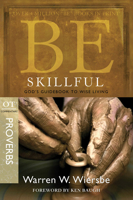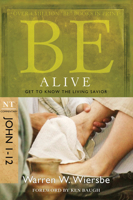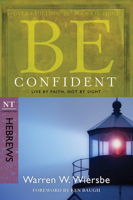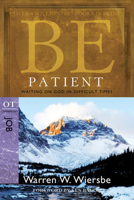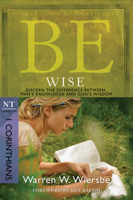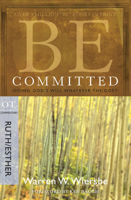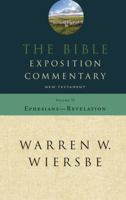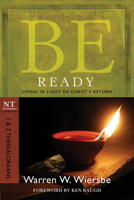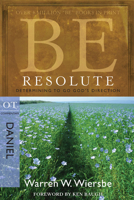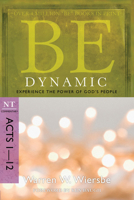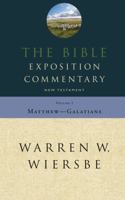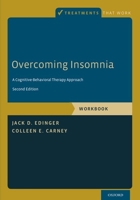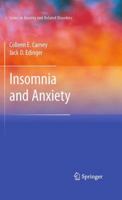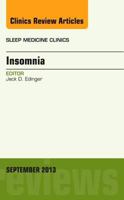A Day in the Life of a Chipmunk: A 4D Book
Select Format
Select Condition 
You Might Also Enjoy
Book Overview
Customer Reviews
Rated 5 starsBook
Arrived on time Good book
0Report
Rated 5 starsExcellent and worth reading!
I just finished reading Dr. Barnard's book and I'm reading it a second time! I found his book informative and explained in easy to understand terms. I think he makes a very good case for reasons not to continue eating a meat-based diet as the effects of a high fat animal diet lead to many of the popular illnesses and diseases we read about today (e.g., diabetes, stroke, heart attack, etc.) I was not a vegan or vegetarian...
3Report
Rated 5 starsI buy used copies of this book for my unhealthy family
I have purchased over a dozen copies of this book for my family and friends, and finally browsed the reviews today and was shocked to see any negative feedback. So for those considering the book, remember the negative reviews were written by meat-lovers that in no way plan to give it up. I've read at least twenty or so nutrition books and this is my favorite of them all. It's simple to read, easy to understand, and very...
3Report
Rated 5 starsVery enlightening and well-documented
This was a great book at exposing the dangers of eating meat and dairy. Dr. Barnard's more recent books like Foods That Fight Pain are also highly recommended. A less than 10% fat diet is great for those who want to lose weight and keep it off, but for those who just want to switch to a vegan diet without losing weight, you may want to include a little olive oil or nuts. A little more fat also may help if your skin gets dry...
2Report
Rated 5 starsTruly a Life Style/Not a Diet Fad
If you could only have one book for diet related information, this is the one to have. My original purchase of the book was seven years ago when I needed help eating balanced meals while learning to become a vegetarian. This book has it all from nutritional needs for different stages of life, meal planning, great recipes and even fast food alternatives and special needs due to various illnesses. I recently purchased my...
2Report













